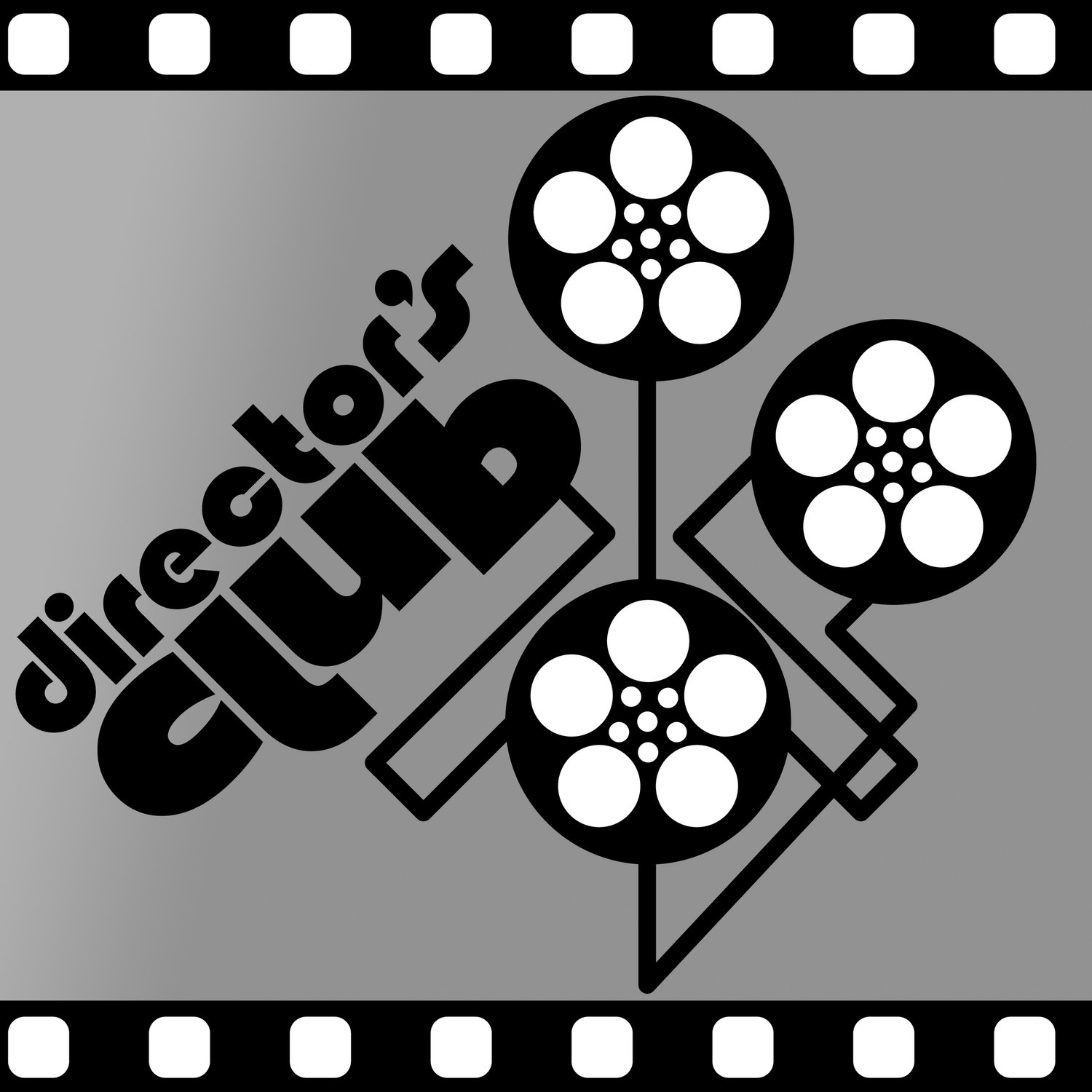Body Parts (2023)
Around this time last year I had seen a film called Brainwashed: Sex-Camera-Power, based on director Nina Menkes's cinematic presentation, 'Sex and Power, the Visual Language of Cinema.’ As I was watching it, I had the feeling that it should’ve been a miniseries instead of a feature documentary but also done without the Ted Talk-style approach that Menkes adopted. Now for this year, another documentary covers similar territory but in a far more engaging way with Kristy Guevara-Flanaga’s Body Parts.
I grew up in an era where nudity was relatively accessible through late-night cable viewing. Of course when I was a teenager I always had curiosity about the opposite sex but even then, I often felt that seeing an actress naked on screen took me out of the experience of watching a film. It suddenly became all about that person’s body and the way the camera leered. It’s always been a source of conflict to this day and as someone with body image issues, I often ask questions about whether or not nudity adds to the overall story.
Body Parts is a film that tackles that subject matter quite delicately but it also wants to cover a lot of ground in a short period of time. Normally the talking-heads approach is tiresome but these are voices that deserve to have their stories heard. Jane Fonda, Rose McGowan, Joey Soloway and several others candidly share their experiences both on-set and off. Early on, Rosanna Arquette recounts that during a “different time and place,” it was acceptable for a woman to just suddenly be asked to take their top off without a nudity contract clause.
We also get a sneak peek into the world of intimacy coordinators and consultants (something I first learned about when The Wachowski’s used one on the set of Bound). They openly discuss their work as liaisons between actors and filmmakers, and the documentary shows them consult in a meeting, then directing actors on how to touch appropriately. In these sequences, the film elucidates the practical side of filmmaking and personal stories demonstrate how clear agreed-upon practices can create a safer, more positive work environment for all involved.
Towards the end, we see that there are steps in the right direction partially due in part to what's taken place post Me Too. Work is being done to help but there is still plenty to be done and more conversations should be had. More and more women are getting seats at the table and being involved in the decision process of productions in the midst of what has been a male-dominated industry since the beginning while women are also taking charge and creating more and more of their own projects through their own production companies. Joey Soloway is an example of doing this in a thoughtful, proactive manner that it feels appropriate she is the last person we see on screen.
As enlightening and well-observed everything is throughout this documentary, there is a sense of wanting further examination. Certainly there is a segment that even I found questionable because they briefly show a scene from the film Shame in which Michael Fassbender’s full-frontal nudity is seen right from the get-go. I’d be curious to examine more on this subject and what makes it complex and complicated from all sexes. Not to dismiss the fact that women have been subjected to horrific abuse and objectification that they don’t deserve this entire story to be theirs, but a follow-up to this subject matter would be welcomed.
One could even see this being dissected further in the world of pornography (which last year’s film Pleasure does in an uncomfortable fictional manner). But this film, as focused as it is, still has some incredibly powerful revelations throughout that are thought-provoking in ways that in the past, were constantly swept under the rug by those in power. There is a recount from actress Sarah Scott that is definitely harrowing especially when you hear the abuser’s response. Body Parts is well-worth seeing even if in the end, it left me wanting more. This is a layered, difficult subject that should be given all the time and attention possible. It might in turn kick-start more conversations in ways that great and memorable art can achieve.
"What we see over and over again, women have to fight for ownership over their own body" says Rosanna Arquette during the introduction, and this film highlights that fact in a way that all of us should know more about. Sexual exploitation and how it relates to the work of making movies, including the trauma it can inflict, is presented here with a lot of compassion. It showcases the toxic workplace that we’re still learning a lot about and should know about the damage it creates. For that alone, you should experience this and continue listening to what women have to say so we can learn, grow and do better not just in the film industry, but in life.
Learn more about the film and upcoming screenings here: https://www.bodypartsfilm.com



